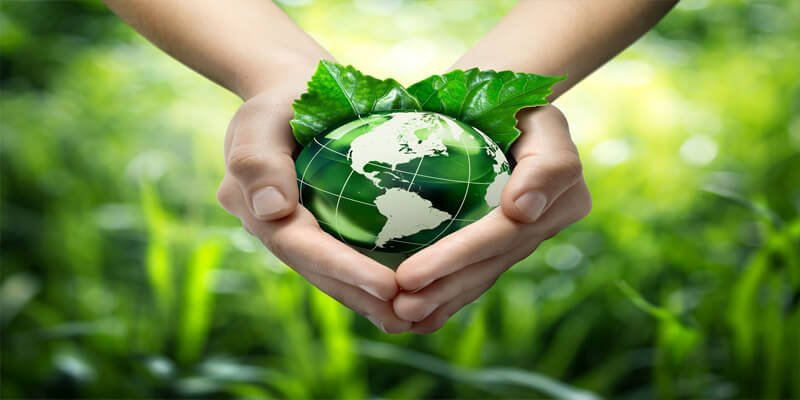Environmental conservation has become an increasingly pressing issue in the face of climate change, pollution, and habitat destruction. As stewards of the planet, it is imperative that we take proactive measures to protect and preserve our natural environment for current and future generations. Through concerted efforts in sustainability, conservation, and responsible resource management, we can mitigate environmental degradation and safeguard the delicate balance of ecosystems worldwide.
One of the most critical aspects of environmental conservation is the preservation of biodiversity. Ecosystems rely on a diverse array of plant and animal species to maintain ecological balance and function. However, human activities such as deforestation, habitat destruction, and overexploitation of natural resources have led to a dramatic decline in biodiversity. To address this challenge, conservation efforts focus on protecting endangered species, establishing protected areas, and promoting habitat restoration initiatives. By safeguarding biodiversity, we not only preserve the intrinsic value of nature but also ensure the resilience and stability of ecosystems essential for human well-being.
Another key component of environmental conservation is the reduction of pollution and waste. Pollution from industrial activities, transportation, and agricultural practices poses significant threats to air, water, and soil quality, compromising human health and ecosystem integrity. Adopting cleaner production methods, investing in renewable energy sources, and implementing waste reduction and recycling programs are crucial steps in mitigating pollution and minimizing environmental impact. Additionally, raising awareness about the importance of responsible consumption and promoting sustainable lifestyle choices can empower individuals to make eco-friendly decisions in their daily lives, contributing to a healthier planet for all.
Furthermore, combating climate change is a paramount challenge that requires global cooperation and concerted action. The burning of fossil fuels, deforestation, and other human activities have led to a rise in greenhouse gas emissions, resulting in rising temperatures, extreme weather events, and sea level rise. To address climate change, countries must commit to reducing emissions, transitioning to renewable energy sources, and implementing adaptation measures to build resilience to climate impacts. International agreements such as the Paris Agreement provide a framework for collective action and collaboration in tackling climate change, but individual and community-level initiatives are also essential in driving meaningful progress towards a sustainable future.
Additionally, sustainable land and water management practices play a vital role in environmental conservation efforts. Protecting natural habitats, promoting sustainable agriculture, and implementing watershed management strategies are essential for preserving ecosystem health and ensuring the availability of freshwater resources for both humans and wildlife. By integrating ecological principles into land use planning and development, we can minimize habitat fragmentation, mitigate soil erosion, and conserve critical ecosystems such as forests, wetlands, and coral reefs.
In conclusion, environmental conservation is a multifaceted endeavor that requires collective commitment and action at local, national, and global levels. By prioritizing biodiversity protection, pollution reduction, climate change mitigation, and sustainable resource management, we can safeguard the planet for future generations. Through education, advocacy, and innovative solutions, we have the power to create a more sustainable and resilient world where humans and nature coexist harmoniously. It is incumbent upon us to embrace our role as caretakers of the Earth and take meaningful steps towards preserving the natural wonders and biodiversity that enrich our lives and sustain our planet.



